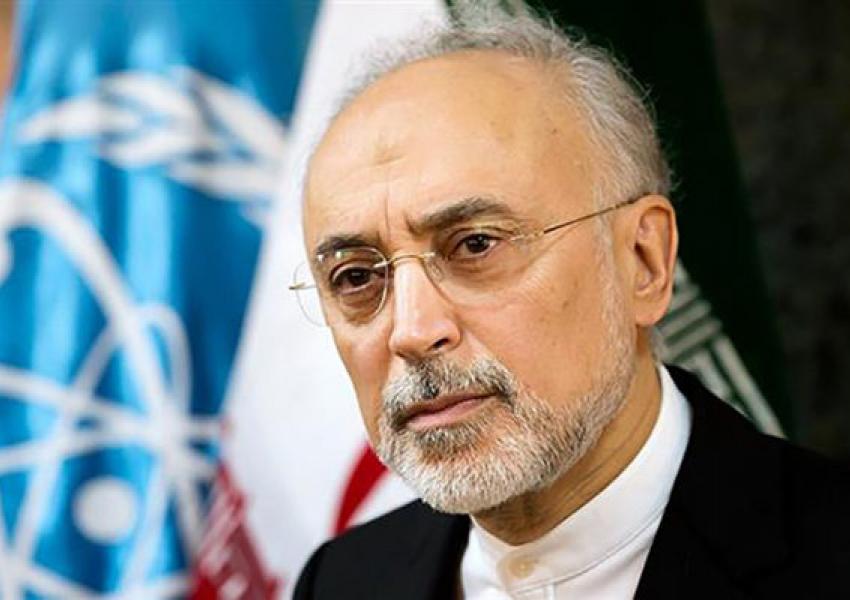
Iran Atomic Chief Awaits Presidential Order To Enrich Uranium To 20%
Iran’s nuclear chief Ali Akbar Salehi on Saturday said the Atomic Energy Organization of Iran (AEOI) is awaiting President Hassan Rouhani’s order to implement legislation requiring increasing uranium enrichment to 20 percent and installing 1,000 advanced centrifuges. The moves would be Iran’s latest steps beyond the limits set by its 2015 nuclear agreement with world powers, steps it began in 2019 after United States President Donald Trump abandoned the deal and imposed draconian sanctions.
“We must implement the bill the Parliament has approved but [before that] the government needed to release the bylaw which clarifies its manner of implementation, after which the President must issue the order to start action,” Soleimani said on Iranian television on Saturday morning. “We are soldiers of the system (regime) and our fingers are on the triggers [but waiting for] the commander to issue the order [to shoot]. We can then start the work very quickly.”
Salehi said the International Atomic Energy Agency (IAEA) had been informed that it should unseal the facilities and supervise the replacement of uranium gas capsules to allow higher enrichment. The IAEA was told by Iran on Friday that it planned to resume enriching to 20 percent, the highest level reached by the time of the 2015 deal, the JCPOA (Joint Comprehensive Plan of Action).
The bill was passed on December 1 by the principlist majority in the parliament elected in February and reflects their sense that Iran has weathered Trump’s “maximum pressure.” Many in the principlist camp always opposed the JCPOA, although some analysts suggest there is also a tactical desire to stop Rouhani, who leaves office in June, from deriving kudos from eased sanctions.
Rouhani who has neither endorsed the bill nor officially communicated it to the AEOI, on December he 2 said his government opposed the legislation but would implement it after drawing up a bylaw outlining steps for its implementation. On December 15 he said the bylaw would be based on the cabinet’s own interpretation of the legislation as “a law meant to lift the sanctions, not to delay” their lifting.
The bylaw, drawn up by the cabinet and issued to relevant government bodies such as the AEOI on December 28, sets as a pre-requisite for any action the identification of resources for adding 1,000 advanced centrifuges within a year – as stipulated by the Parliament's legislation. The bylaw tasked the AEIO with determining costs within two months.
Hardliners say the law does not need a bylaw, which they charge is a ruse to prevent action. Tasnim, a news agency affiliated to the Revolutionary Guards, wrote on December 29, that the bylaw announced the previous day by vice-President Es’haq Jahangiri read like “instructions for not implementing the parliament’s nuclear bill and [for] reducing pressure on Washington.”
Hardliners are well aware that a lengthy process of determining costs could not only exceed the two-month deadline set by parliament but give Rouhani time to revive the 2015 deal before June. Alireza Salimi, a member of the Parliament’s Presidium, on December 15 said parliament would go to the Administrative Court of Justice if the bylaw prepared by the Cabinet was unsatisfactory.






